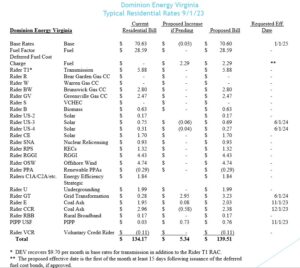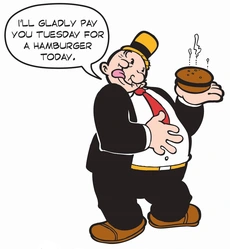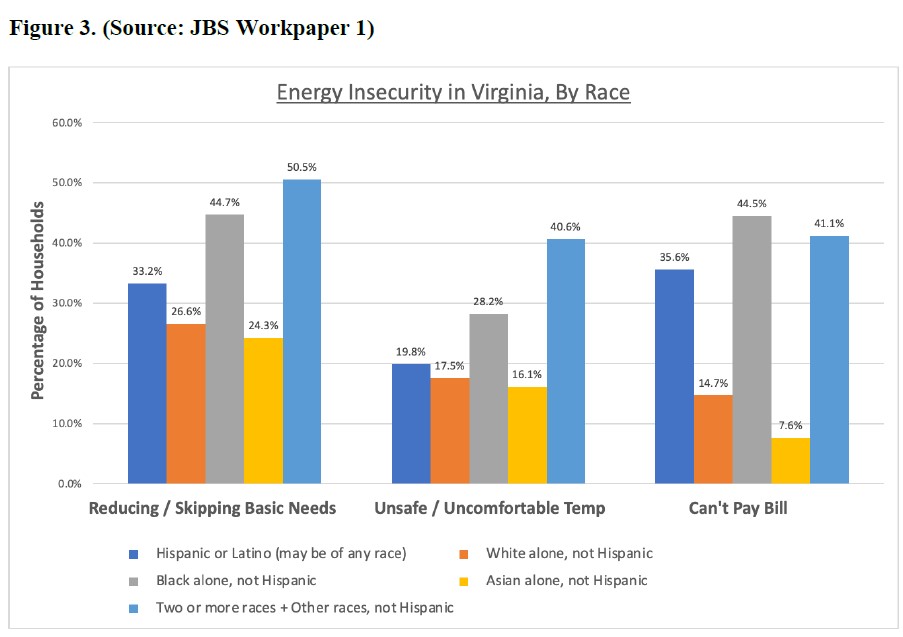
.
by Jon Baliles
One of Richmond’s great characters and personalities has decided to step away from spotlight that he occupied and managed so well for years (and always with a smile) after enduring incredibly long days and nights, rainouts, major league talent, loyal fans, a street art festival, a crumbling office, broken political promises, and an ocean of awful plaid pants.
Flying Squirrels CEO Todd “Parney” Parnell announced this week he will be stepping down from his day-to-day role after this season and remain as a senior advisor to the team for the next five years after 34 years in the baseball business. Parney arrived with the team in 2010 and hasn’t slept much since.
He told John O’Connor at the Times-Dispatch, “I think the key difference is I’m not going to be here from 6:30 in the morning until 1 o’clock in the morning anymore. The toll of that has been taken. I’m downshifting significantly.”
“I kind of feel like the athlete who’s stepping back a little bit when he still has a step or two left. I really wanted to — chill out’s the wrong term because I’m still going to be around — but I wanted to (leave) the day-to-day operations when I still felt like I was at the top of my game. And I do.”
And he has been at the top of his game since he arrived. I knew they would be a different franchise when they enlisted the public to help name the team in late 2009. More than 6,000 entries were received and the finalists included Rock Hoppers, Hambones, Rhinos, Flatheads, and Hush Puppies. And I recall not getting the name “Flying Squirrels” after it was selected, but then the very next day, Parney said in the paper (and I am paraphrasing) “We wanted to be fun and we wanted to be a different” and they have been all that and a home run. Continue reading →
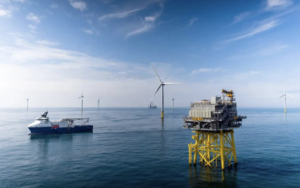


 by Bill O’Keefe
by Bill O’Keefe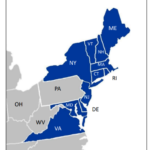
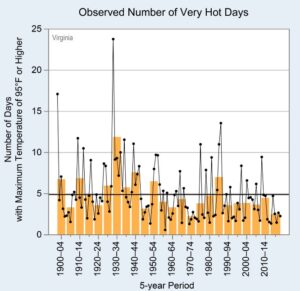
 by David Wojick
by David Wojick